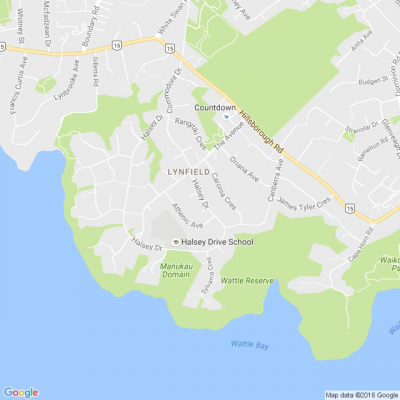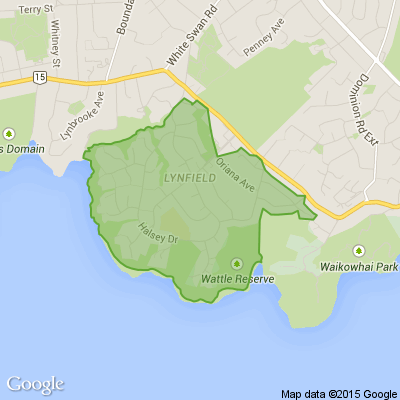Kiwi motorists are being urged to fill up at the pump early to avoid queues and possible petrol shortages as fuel prices are set to increase.
The price per litre will jump around 29 cents per litre from 1 July 2023 with government subsidies on petrol excise duty and road user charges set to end.
On 30 June the 25 cents per litre discount on petrol will be added at the pump - by the time GST is added the reinstated tax will add nearly 29 cents per litre to the price.
Terry Collins from the AA said the upcoming pain at the pump won’t be as severe as just over a year ago when prices were at an all-time high - surpassing $3 per litre for 91.
“Few people will be happy about fuel prices going up, but international oil prices aren’t currently at the highs they were when the tax discount was introduced so the impact will be lower,” he said.
This week, on fuel comparison app Gaspy, a litre of 91 unleaded in Auckland ranged from $2.14 to $2.77 per litre.
With tax added the cheapest available would be $2.43 for 91 and $3.06 per litre for the most expensive.
The majority of service stations are charging $2.49 for a litre of 91 - around $2.78 after 1 July.
For motorists fuelling up with Premium 95 or 98 octane, the price will easily click over $3 per litre, depending on where you fill up.
The fuel discounts were initially introduced in March 2022 after Russia’s invasion of Ukraine lead to a spike in fuel prices.
Discounted fuel then continued as part of the Government’s cost of living relief package.
Collins said the tax relief was welcomed by the AA but it accepted it had to be added back at some stage - with motorists using the roads coughing up rather than all taxpayers.
“The fuel tax money that motorists pay goes into maintaining and improving roads, as well as other transport network investment, and we all know our transport network is in dire need of upgrades,” he said.
The discount equated to around $2 billion lost in tax income Collins said.
Collins urged motorists to fuel up early to avoid queues at petrol stations.
“I’d encourage people not to leave filling up to the last minute if they want to avoid queues or the pumps running dry.”
He said service stations overseas had been swamped with motorists in the same circumstances causing long queues and hazards.
“Also, to avoid the possibility that some petrol stations might sell out if there’s a final rush in your neighbourhood, take advantage of the lower prices a day or two early.”
The message was supported by Simon Bradwell of the Motor Trade Association who urged motorists to be kind to staff if there were delays.
“At this stage, it’s hard to know how things will play out when the subsidy ends. What we would ask is that motorists don’t take out any frustrations on service station staff. They aren’t the ones responsible for prices going up when the subsidy ends,” Bradwell said.
“Similarly, if there are queues on June 30 as people look to fill up, don’t get impatient with staff. Everyone will be doing their best.”
Jessica Walker from Consumer NZ said the upcoming price hike would put Kiwi families under added pressure.
“When the tax was removed, we saw a drop in fuel costs being a top concern, from four in 10 people to about three in 10,” Walker said.
“Fuel costs went from 6th to 10th on (a list of 14) financial worries.”
Walker said when fuel prices dropped households were able to redirect spending to other rising costs - such as food.
“Now, it seems folks are likely to spend more on both fuel and groceries,” she said.
“We recommend New Zealanders make use of the Gaspy app, which is free to download, and gives customers the power to choose the cheapest fuel by comparing what’s available in their area,” Walker said.
And it’s not just motorists who will be hit in the pocket. Some using public transport will notice a price hike as current public transport subsidies are also set to end.
This means ticket prices will double for adult bus and train users from 1 July.
Prices for children and young people will continue to be discounted. From 1 July, children aged 5-12 are meant to join under-5s and ride for free and tickets should remain at half price for young people aged 13-24 as well as for Community Service Card holders and Total Mobility Users.
===============================================
www.nzherald.co.nz...
===============================================

Poll: As a customer, what do you think about automation?
The Press investigates the growing reliance on your unpaid labour.
Automation (or the “unpaid shift”) is often described as efficient ... but it tends to benefit employers more than consumers.
We want to know: What do you think about automation?
Are you for, or against?

-
9.4% For. Self-service is less frustrating and convenient.
-
43.4% I want to be able to choose.
-
47.1% Against. I want to deal with people.
Even Australians get it - so why not Kiwis???
“Ten years ago, if a heatwave as intense as last week’s record-breaker had hit the east coast, Australia’s power supply may well have buckled. But this time, the system largely operated as we needed, despite some outages.
On Australia’s main grid last quarter, renewables and energy storage contributed more than 50% of supplied electricity for the first time, while wholesale power prices were more than 40% lower than a year earlier.
[…] shifting demand from gas and coal for power and petrol for cars is likely to deliver significantly lower energy bills for households.
Last quarter, wind generation was up almost 30%, grid solar 15% and grid-scale batteries almost tripled their output. Gas generation fell 27% to its lowest level for a quarter century, while coal fell 4.6% to its lowest quarterly level ever.
Gas has long been the most expensive way to produce power. Gas peaking plants tend to fire up only when supply struggles to meet demand and power prices soar. Less demand for gas has flowed through to lower wholesale prices.”
Full article: www.theguardian.com...
If even Australians see the benefit of solar - then why is NZ actively boycotting solar uptake? The increased line rental for electricity was done to make solar less competitive and prevent cost per kWh to rise even more than it did - and electricity costs are expected to rise even more. Especially as National favours gas - which is the most expensive form of generating electricity. Which in turn will accelerate Climate Change, as if New Zealand didn’t have enough problems with droughts, floods, slips, etc. already.
Dry cleaners mt Roskill
Hello our fellow neighbors I was hoping someone would know where the old dry cleaners we had up at the lights on dominion road have moved to?? I was out of town and when I came back they were gone .... I had some items that I would really love to get back but if only I new where they moved to or how to get In Touch with the owners to see what they did with our clothes if they closed down or moved elsewhere? Any updates or news about it would be amazing neighbors. Have a great day







 Loading…
Loading…